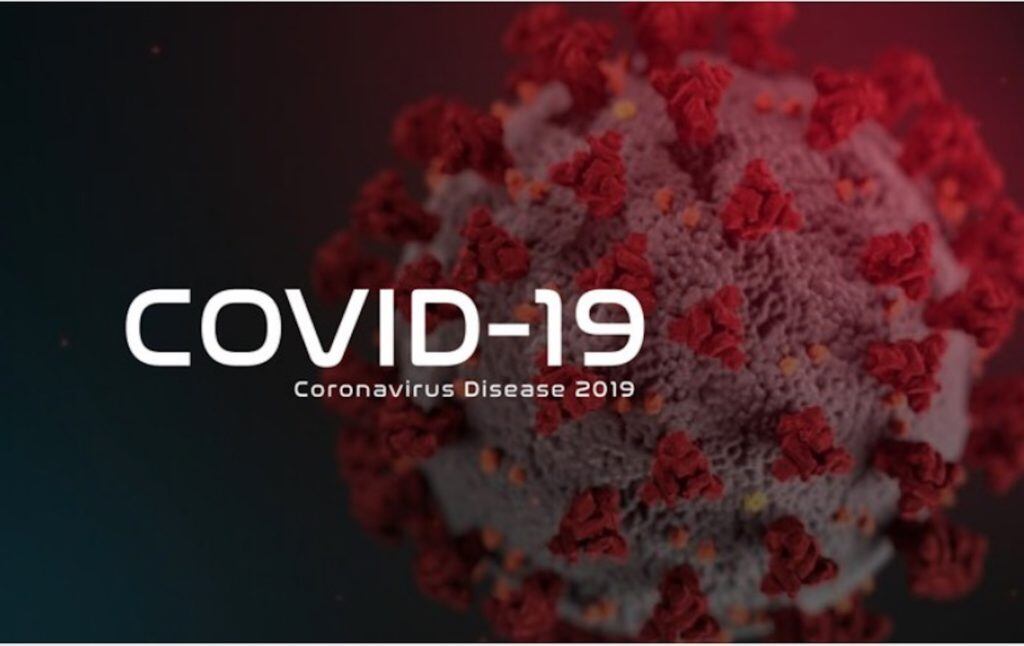
In The Middle of a Pandemic, Our For-Profit Healthcare System Is Failing Us
Not having Medicare for All makes a bad situation worse…
We’re number one. Only this time, it speaks to the terrible reality in which we now find ourselves. No country on Earth has suffered more COVID-19 cases than the United States. And deaths due to COVID-19 are skyrocketing. Our brave women and men on the frontlines of the fight against COVID-19 are struggling without the protective equipment, ventilators—and even hospital beds—that we’ll need to take this on. And yet we pay more for healthcare per person than any other country in the world. This dystopian juxtaposition forces us to ask: Why do we pay so much—only to suffer so much?
Our for-profit healthcare system leaves us uniquely vulnerable to a pandemic like COVID-19.
We remain the only high-income country in the world that fails to guarantee healthcare to its people in the form of at least a comprehensive national health insurance program. That leaves 10 percent of Americans without health insurance at all. And for those who are insured, the average deductible is over $1,500 per person. Indeed, the Kaiser Family Foundation coined the term “Deductible Relief Day,” the day when the average American finally pays down her deductible. In 2019, that was May 19th—and it’s getting later every year. Considering that COVID-19 hit us hardest before 2020’s Deductible Relief Day, many Americans won’t seek care for fear of being hit with the bill. Putting healthcare behind a paywall doesn’t help when you’re trying to tackle a global pandemic.
Second, our for-profit healthcare system relies on hospitals earning profit margins to stay afloat. These margins are highest for services like elective medical procedures. But when you’re about to get swept over by a flood of patients suffering a highly-infectious, deadly disease like COVID-19, you’re forced, of course, to cancel elective procedures. So hospitals have been forced to choke off their financial lifeblood when they need it most. The precariousness of for-profit healthcare leaves hospitals battling bankruptcy on one side and a pandemic on the other.
To relieve this, Congress’s $2.2 trillion COVID-19 relief package includes $150 billion in funding for hospitals. But what hospitals need most right now is basic personal protective equipment that protects their staff from infection while they work bravely to save lives, plus the ventilators that are frequently all that stands between critical COVID-19 patients and death. Though money can facilitate the production of ventilators, we must ask, “why weren’t they stored up to begin with?” Indeed, modern business operations teach that supplies should be delivered “just in time” to avoid the overhead costs of warehousing. But this is decidedly bad advice when those supplies are needed in an emergency such as, say, to save lives in a pandemic. When healthcare runs like a business, it fails like a business. And lives are lost.
In fact, the Centers for Disease Control and Prevention did attempt to address the woeful inadequacy of America’s inadequate stockpile of ventilators. But when the company to which they had awarded the contract was bought for a far larger corporation, they canceled the project. There wasn’t enough money in it. In a brutal twist of irony, that corporation’s called Covidien.
Third, our for-profit healthcare system relies on the buying and selling of healthcare. Of course, people don’t buy healthcare if they don’t get sick. So in a perverse way, there is almost no incentive to keep people healthy. That is, perhaps, one reason why the United States spends so little of its elephantine healthcare budget on prevention and public health. Indeed, estimates suggest that less than 3 percent of American healthcare spending is spent on public health—and that is projected to fall. Public health funding includes institutions like the CDC and the National Security Council’s Pandemic response unit—institutions that would have been critical to stopping this pandemic in its tracks had they been empowered, or in the case of the latter, existed at all.
One might think that, even though they’re private, health insurers have an incentive to prevent disease. After all, if their beneficiaries don’t get sick, they don’t have to pay. Part of the challenge, though, is that Americans change health insurers…a lot. And if the upfront cost of preventing illness is paid today to prevent some unforeseen outcome some time later in the future—when a beneficiary may no longer be a beneficiary—then the cost may not be worth it. Even beyond these disincentives, there is little any of the 7000 private insurance corporations could have done to stop a major pandemic like COVID-19; we needed the power of the federal government to do that. Public health, it turns out, must be public.
When the story of the COVID-19 pandemic is told, our private, for-profit healthcare system will have emerged as one of the single worst vulnerabilities we had as we faced the crisis. When we emerge from this, let us learn the lesson and replace this terrible system.
Medicare for All would have solved all of these problems. While it may not have prevented the pandemic from occurring in the first place, everyone in and no deductibles means that everyone gets the care they need—without a paywall. Direct government reimbursement for all services means that hospitals don’t rely on fickle private insurers to reimburse for elective procedures to get paid, and the government can surge support for hospitals in their times of greatest need. And the fact that the federal government would be the single payer for healthcare when people get sick allows it to invest on the incentive to keep them healthy in the first place.
But then, of course, as detractors point out, there’s Italy—which despite government health insurance found itself battling, for a time, the most serious COVID-19 outbreak in the world. Until, of course, we passed them.




